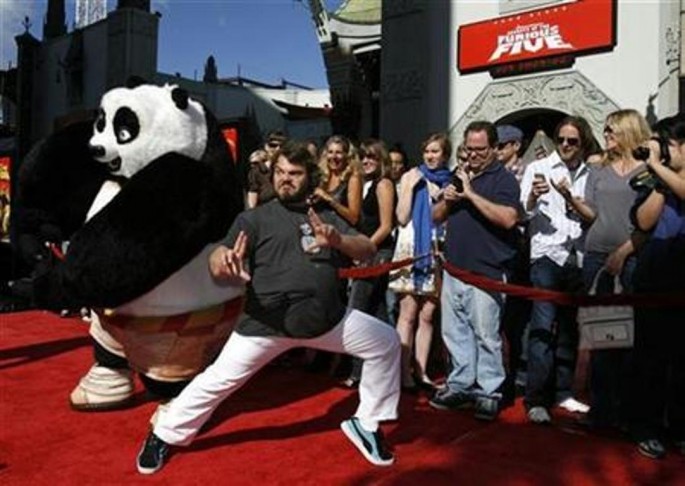“Kung Fu Panda 3” hit a new high in box-office records in China, collecting 41.26 million yuan ($6.27 million) from over 1.17 million viewers in three hours during a sneak preview session held countrywide on Saturday afternoon, Jan. 23.
DreamWorks Animation and Oriental DreamWorks' approximately 90-minute animated series teases on a potential blockbuster premiere, particularly in China, when it opens next weekend on Jan. 29 before the Chinese New Year.
The sequel has performed well in China and the United States. A report from Forbes revealed that "Kung Fu Panda," which opened in 2008, earned $217 million in America, $12 million in China, and $603 million globally.
However, the second sequel in 2011 dipped slightly with $165 million in the U.S., but compensated through its global sales of $665 million and a whopping $92 million from China, according to China Daily.
The protagonist Panda Po sets off in search of his roots and his biological father. This coupled with the record-setting ticket sales during the preview and the timing of the upcoming Chinese New Year break, it is rational to expect another huge cash-in from the third installment in the Chinese market.
DreamWorks made two versions of the movie as a unique way to propel the film for the Chinese market. There is a "normal" version, dubbed by local movie stars and artists, and another "tailored" version that is animated differently to concisely adhere to the mouth of movements and body language of Chinese, China Entertainment News reported.
The customized Mandarin version is not only a dubbed version but also a redesign and rewrite of the script. Aspects like dialects and more localized puns were incorporated specifically for Chinese viewers.
Over 200 Oriental DreamWorks employees have worked on the movie in Shanghai, offering feedback on the authenticity of Chinese aspects in the series and refining the details of the second version of the Mandarin-language script.
Jennifer Yuh Nelson, the director of the film, said: "We were trying to come up with fun things the characters do--what they eat, how they play. As Western story artists, one of the things we put in was cookies. And the Chinese story artists basically said, 'Ummmm. You can't put in cookies, you have to put in traditional food."



























